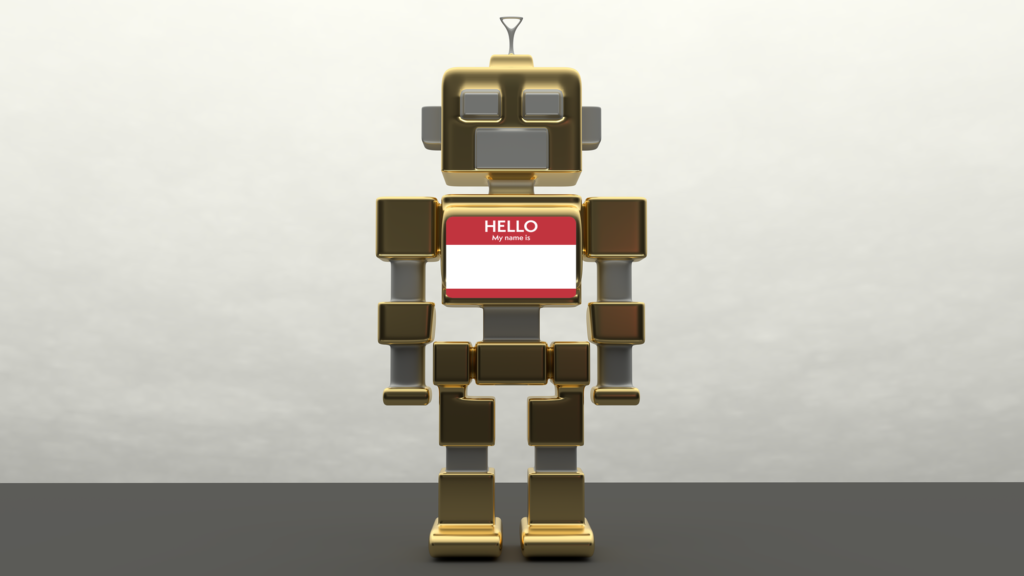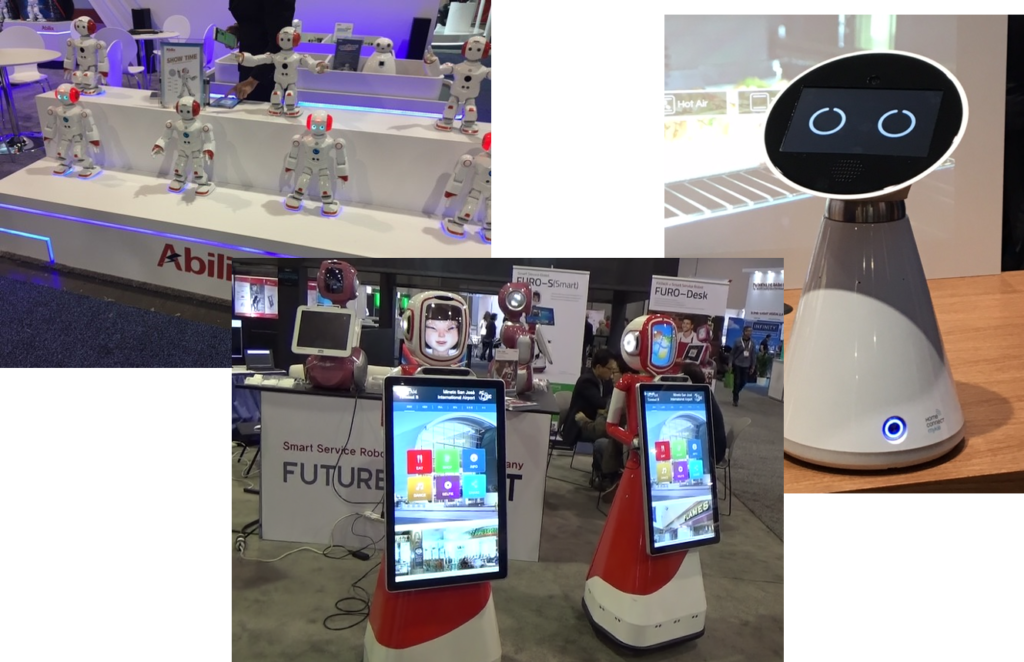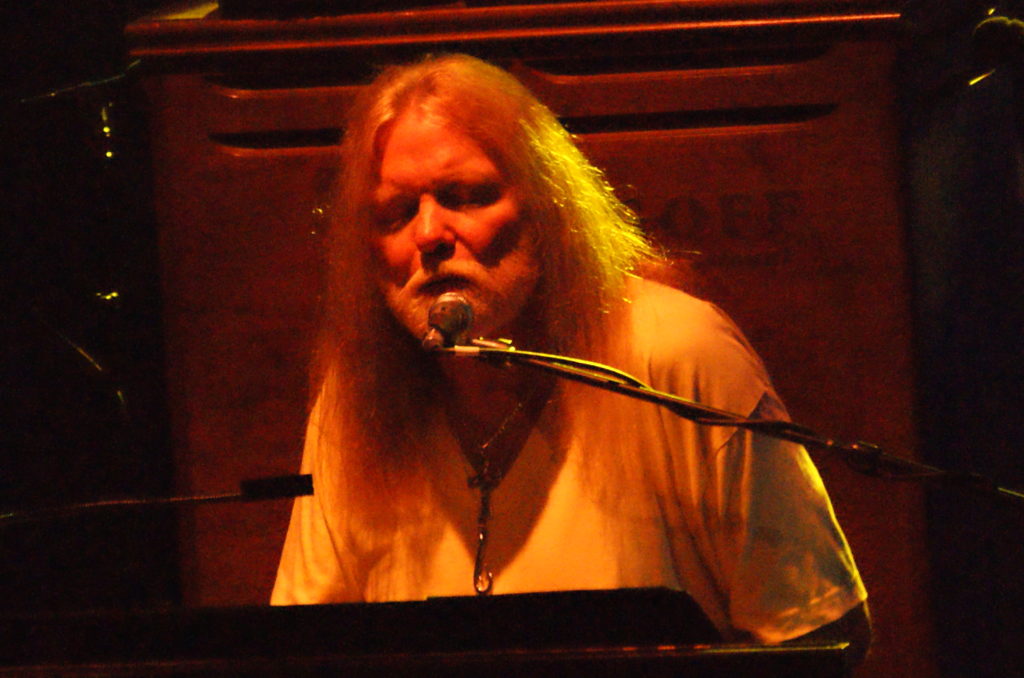 These days, everything you read about electronics and the Internet of Things connects back to AI or Artificial Intelligence. It’s the science and technology behind the Amazon Echo, robotics, and “connected cars” that hook us up to destinations, information, and entertainment using voice commands.
These days, everything you read about electronics and the Internet of Things connects back to AI or Artificial Intelligence. It’s the science and technology behind the Amazon Echo, robotics, and “connected cars” that hook us up to destinations, information, and entertainment using voice commands.
But designers, engineers, and code writers know that humans have an aversion to nameless, faceless gadgets – especially when you’re supposed to talk to them. And there’s a bit of a creep factor about machines that listen to us. Hence, companies are coming up with human names for their machine interfaces to make us more comfortable with the technology.
There’s IBM’s Watson. As their company’s VP/Branded Content and Global Creative, Ann Rubin, explained in a recent story in AdWeek, “Watson is a human name because it’s a person and it does make the system feel approachable and warm.”
That’s why Apple has Siri, Amazon Echo created Alexa, and Salesforce opted for Einstein – all names to make consumers more comfortable interfacing with smart machines.
We saw signs of the attempted humanization of AI again and again at CES this past January. Robots with names like Remi, Mykie, and Buddy were on display. And more often than not, their designers have also given them a humanoid face that sometimes resemble Pixar characters rather than blank robotic stares in an effort to make them seem more personal and user-friendly.

And the power of branding is at work here, too. I can tell you that in my communications with broadcasters about skill-writing for the Amazon Echo device, most people simply refer to it “Alexa.”
So, it’s obvious that consumers want smart communication, answers, and insights – but they want it in a human package.
We see signs of an “old school” backlash to technology when it comes to content purchased via subscription services. Today, many credit card bills contain those monthly charges for Netflix, Spotify, SiriusXM, and other brands. Thus, radio’s “free model” looks better and better to more and more consumers who are burdened with monthly fees.
And so it may end up with the desire to connect with people. We might expect that as AI gains momentum, the chance to interact with a person (and not a chat bot) may become even more important, if not more desirable to consumers.
It’s almost ironic then that at a time when technologists are trying to make their robots and gadgets more human, radio often tries to make its humans more robotic. Voicetracking, syndicated shows, liner cards, and other tactics designed to be ratings-friendly may be precisely what listeners aren’t looking for when they turn on the radio.
Modern-day radio efficiencies stalled out again over the holiday weekend when many Rock and Classic Rock stations were essentially automated. The passing of Gregg Allman inconveniently occurred on Saturday, in the middle of the long three-day holiday weekend.
 At radio stations where there was no one on hand to occupy the air studio or even update the website over the weekend, this served as another moment when technology and economics failed radio yet again during an event when radio should have owned the day. The few stations that remained live throughout the weekend or made the effort to break into special programming to acknowledge Allman’s death provided a true personalized service.
At radio stations where there was no one on hand to occupy the air studio or even update the website over the weekend, this served as another moment when technology and economics failed radio yet again during an event when radio should have owned the day. The few stations that remained live throughout the weekend or made the effort to break into special programming to acknowledge Allman’s death provided a true personalized service.
The Sound’s (KSWD) Dave Beasing sent me an email from morning show producer Mike Sherry who related this story about listening to satellite radio Saturday night:
“After dinner tonight, my wife and I were driving home flipping channels on SiriusXM when we landed on the jam band channel (Jam On). This weekend was hosted by guest DJ Warren Haynes, formerly of The Allman Brothers Band. I thought, ‘Oh cool, he’s on to talk about the passing of Gregg.’ Nope, it was pre-recorded as are the majority of SiriusXM shows. Not one mention of it. As a matter of fact, Warren seemed pretty jolly, hocking his new Govt. Mule album and tour. (BTW We had him on two weeks ago talking about Gregg’s health.) What an epic fail in my opinion.”
Indeed. As a live and local station, on the other hand, KSWD had the Gregg Allman news on the air and on Facebook within minutes of its official release. As Dave noted, rock stars death are becoming more frequent, seldom occurring at ideal times.
At a time when breaking news and real life events are moving at firehose volume, radio’s fallback to voicetracking neuters its real-time quality.
Radio’s ongoing efforts to streamline costs and create efficiencies often translate to less human contact with its customers and clients. Today, there are fewer station vans, less DJ appearances (that aren’t paid for by T-Mobile or a local car dealer), and decreasing opportunities for meaningful human contact with stations.
True, broadcasters need to think about economies in this challenging environment, but in the words of marketer, Shelly Palmer, “People don’t scale.”
DJs who provide the personal touch, who know what’s going on in town this weekend, and who can stir up and reflect genuine emotion at poignant moments like the passing of Chris Cornell or Gregg Allman become especially meaningful to their audience.
Watson may be smart, Siri is efficient, and Alexa sure is clever, but even with cute and catchy names, human they are not.
Pierre Robert, Bob Stroud, Pat Martin, Rita Wilde. Jim Kerr. There’s nothing artificial about them.
They are the voices, names, and faces that matter to radio listeners.
- The Exponential Value of Nurturing Radio Superfans - April 28, 2025
- What To Do If Your Radio Station Goes Through A Midlife Crisis - April 25, 2025
- A 2020 Lesson?It Could All Be Gone In A Flash - April 24, 2025




Within the hour of the news breaking, WOFX in Cincinnati had on an hour of Allman music. While that was happening, I was producing a tribute segment that ran into an Allman song every hour for the last three days.
You just go in and do it.
Marty Bender
That’s right, because you know it’s not just an important moment in rock n’ roll history, but it could be a defining moment for your station. You may have gotten a little less sleep over the Memorial Day Weekend, but you can rest easy knowing you did the right thing for your station and your community.
You’d think there would be a way for PDs (or someone) to break the automation for events like this. Just changes to the music logs and some liners that acknowledge and event shouldn’t be that hard to implement remotely, should it?
Nope, but it requires effort to break in, show up, and return the station to a live position. Check out Marty Bender’s comment in this string. THanks, Bob.